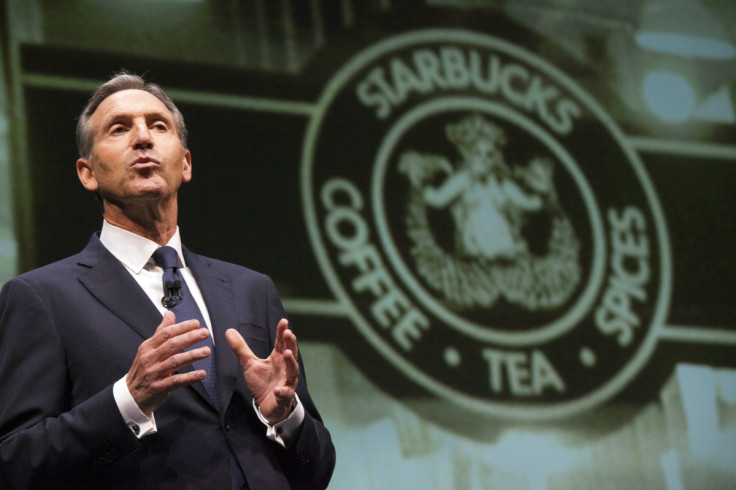Starbucks Pledges to 'Resist' Rising Dairy Costs

Starbucks, the world's largest coffee-shop operator, is wrestling with higher costs for milk and coffee, according to its chief executive.
"I want to resist raising prices in this environment," said chairman and chief executive Howard Schultz.
"I am concerned about dairy, both domestically and around the world, and we are working feverishly with our suppliers, (and to) identify new suppliers," he said at the company's annual meeting.
Starbucks has managed through prior commodity cost hikes and "can absolutely do it again," he said.
Schultz also promised to turn Starbucks into a "$100bn company", although he did not say by when.
Starbucks has a market value of about $59bn (£36bn, €43bn).
The pressure on diary prices is primarily because of increased demand from Asia and other markets.
"The demand for dairy in Asia, specifically China, is something the world's going to have to deal with," said Schultz.
"I'm not concerned about where coffee is going," Schultz added. "I think the market has significantly overreacted to the issue in Brazil and I don't see coffee prices spiking at very much higher levels than they are today, over the long term."
Coffee prices hit a two-year high earlier in the month following crop-damaging drought in Brazil, the leading producer.
US dairy prices hover at record highs and could climb a little more in March before easing as a result of increased production, Jerry Dryer, editor of the Dairy & Food Market Analyst told Reuters.
Earlier on 19 March, General Mills, which sells Yoplait yogurt and Haagen-Dazs ice cream, said its yogurt business was the main driver behind an 11% drop in its US retail segment operating profit in the latest quarter.
Don Mulligan, General Mills' chief financial officer attributed nearly two-thirds of that profit decline to dairy inflation, alongside higher marketing and merchandising investments in the domestic yogurt business.
"We've been assuming that it will top off for the last few months and it hasn't yet," Mulligan said.
© Copyright IBTimes 2025. All rights reserved.






















